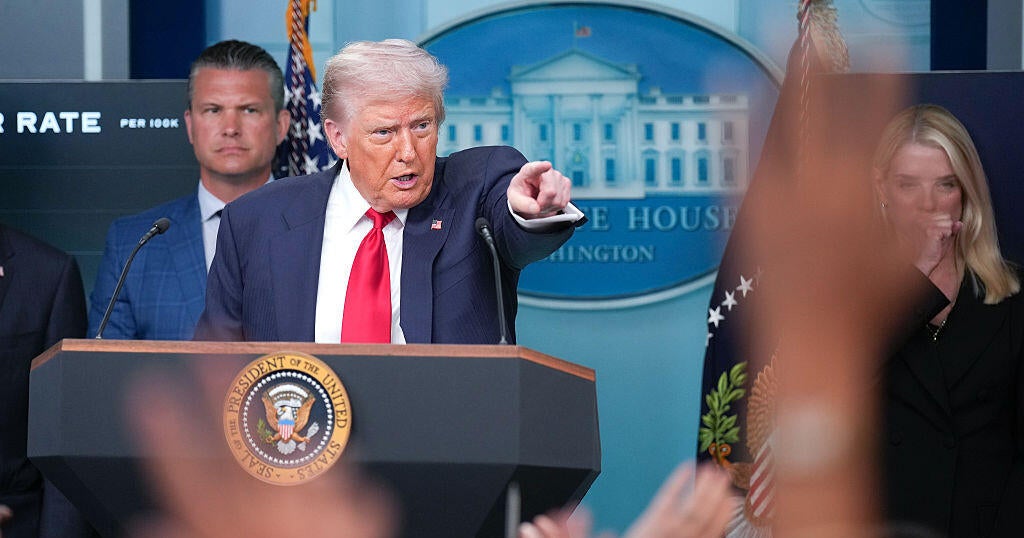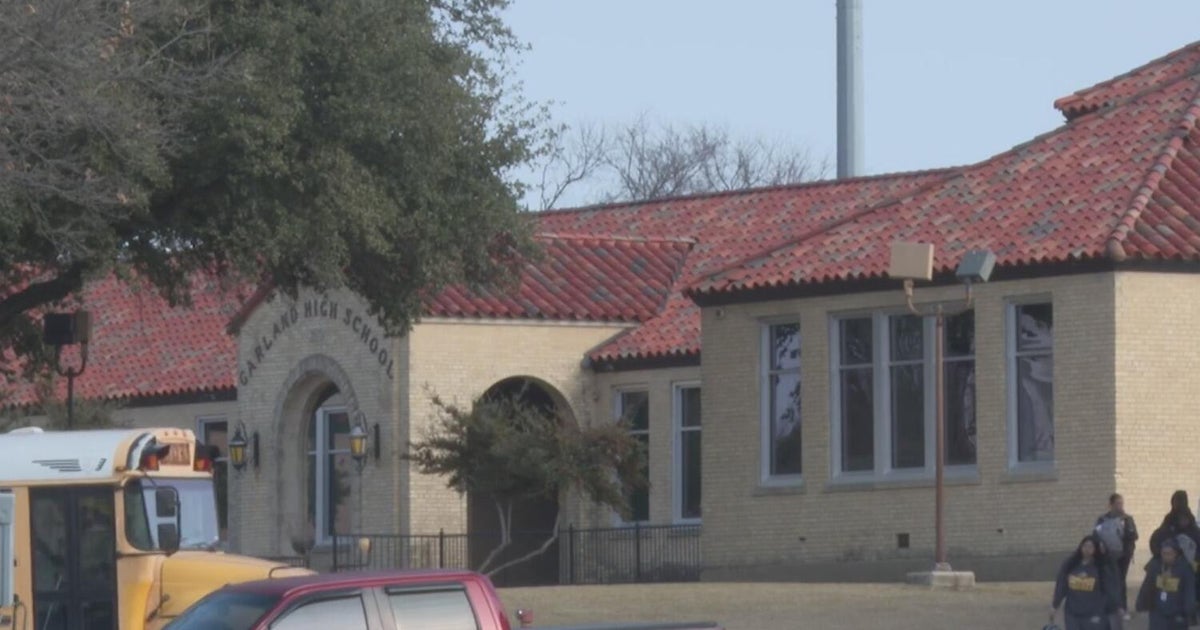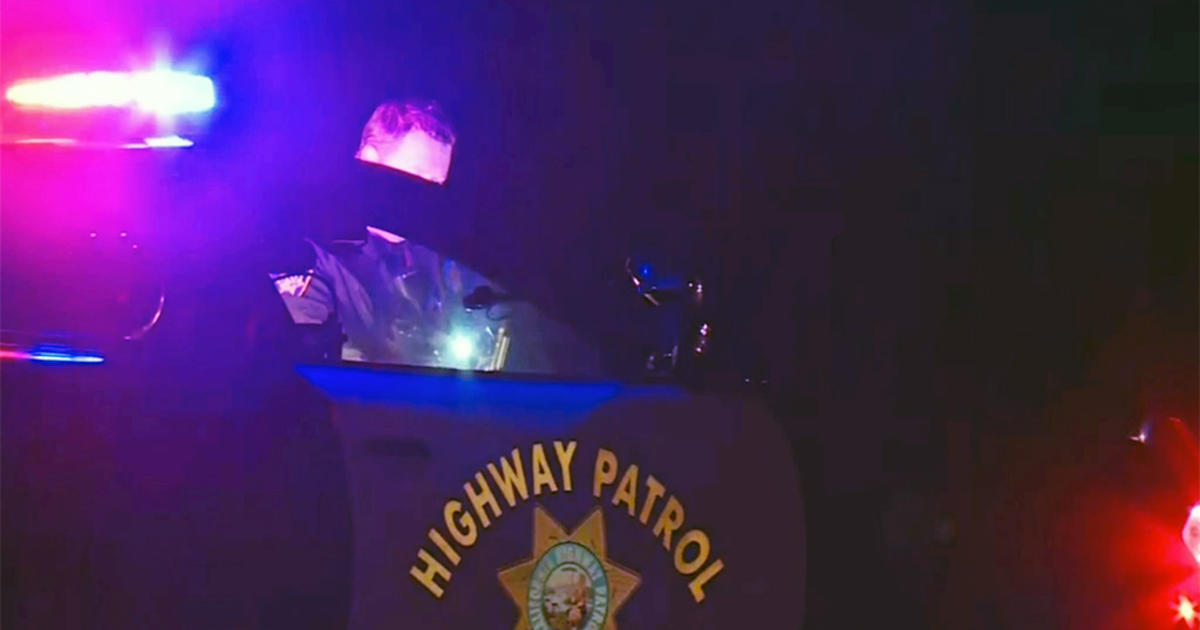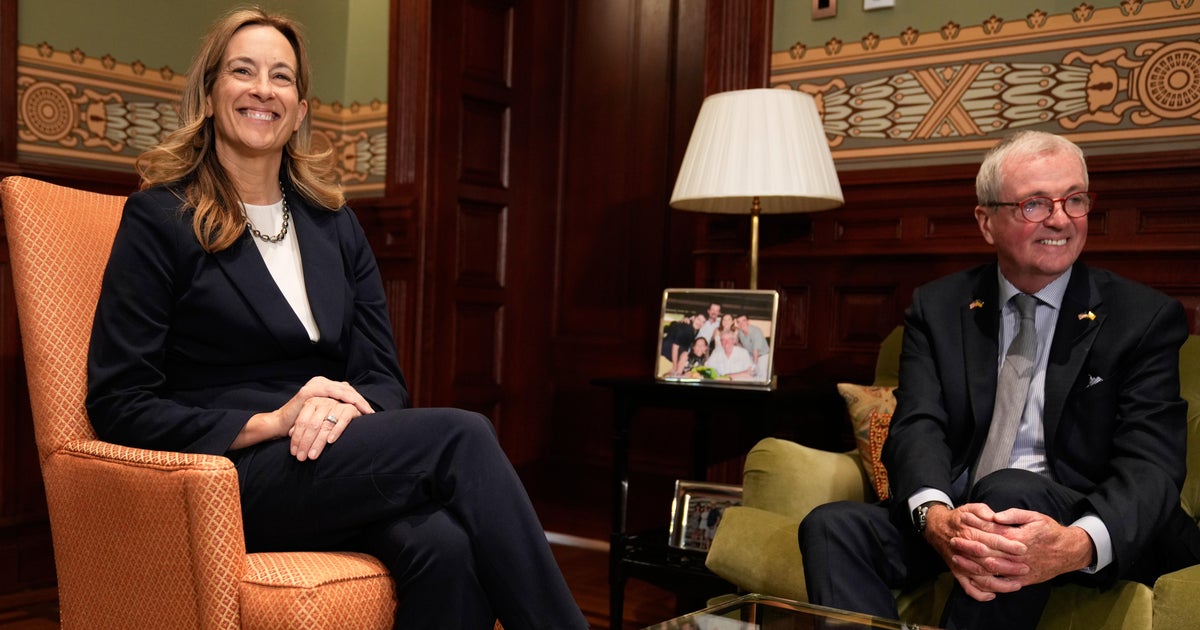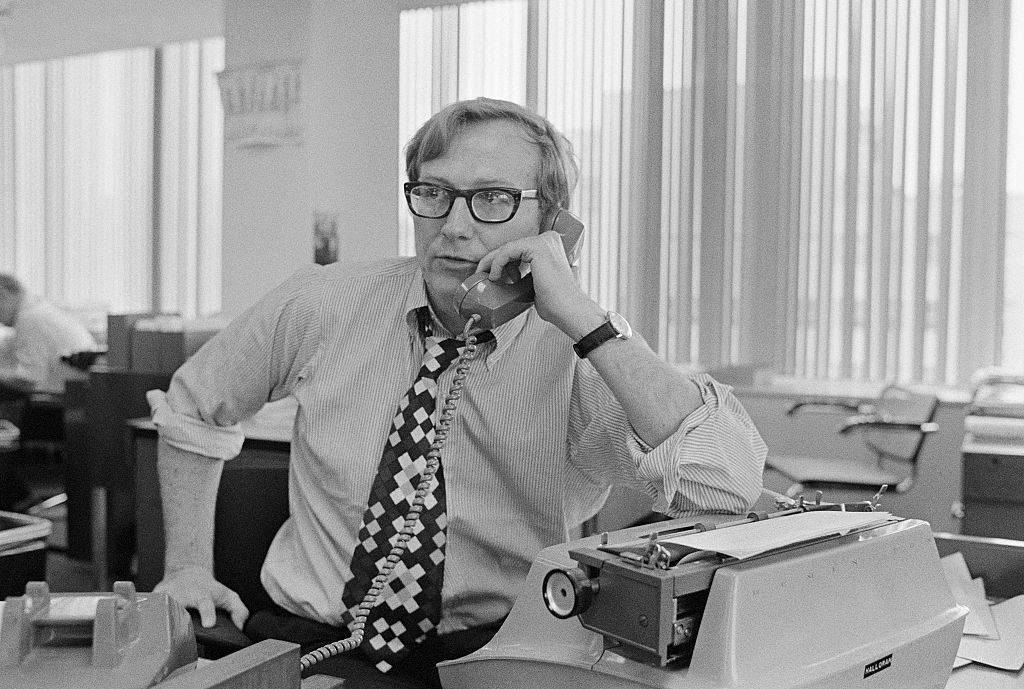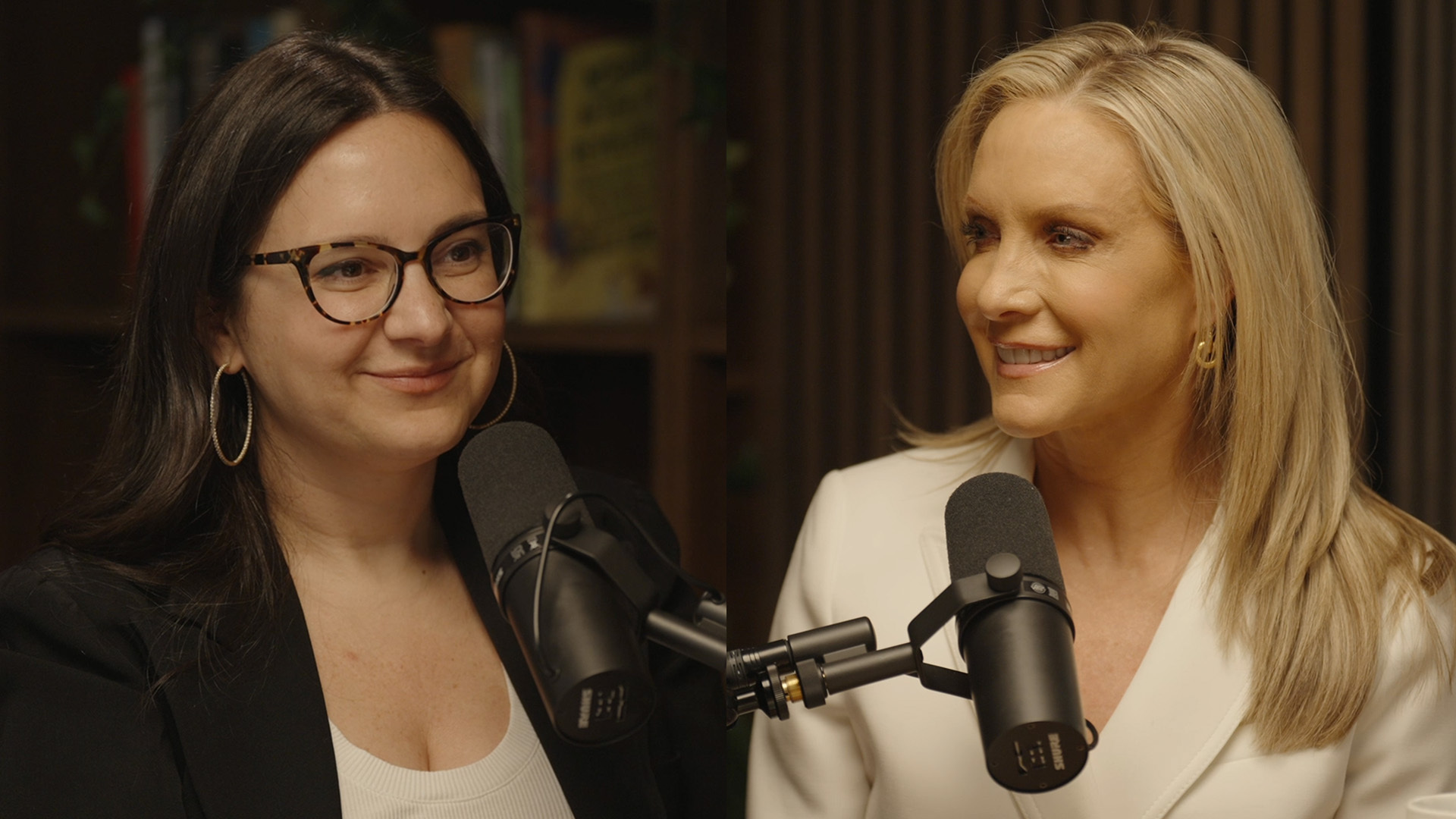First two Black women in White House press corps honored with lifetime achievement awards
In the middle of the 20th century, the U.S. was a segregated nation. Schools and transportation in the South were separated based on race, and so was the nation's press.
Alice Dunnigan, the Kentucky-born granddaughter of slaves, was determined to fulfill her dream of becoming a journalist. By the time she reached her 30s, Dunnigan had a regular column for a local paper — but she wanted more.
"She said the two strikes out against her was that she was Black and that she was female," her granddaughter, Alicia Dunnigan, told CBS News.
Dunnigan landed a job in Washington, D.C., writing for the Associated Negro Press, a wire service for Black-owned papers. In 1947, Dunnigan became the first female African American reporter credentialed to cover the White House.
For Ethel Payne, the path to journalism began when she was denied admission to law school because of the color of her skin.
"You couldn't control your opportunities, so you had to be prepared for whatever opportunity came along. Writing, for her, was a natural, something she liked to do," Payne's nephew James Johnson Jr. said.
In 1951, Payne was hired as a Washington reporter for the Chicago Defender, one of the country's leading Black newspapers.
The White House Correspondents' Association is honoring both journalists with the first-ever lifetime achievement awards in their names. Dunnigan and Payne were the first African American women to be members of the White House press corps.
Dunnigan died in 1983 and Payne in 1991. On Saturday, their families will accept the inaugural Dunnigan-Payne Prize for Lifetime Career Achievement on their behalf at the White House Correspondents' Dinner in Washington.
Dunnigan and Payne regularly attended President Dwight Eisenhower's news conferences.
In 1954, two months after the Brown v. Board of Education ruling, Payne demanded to know whether Eisenhower would support a ban on segregation in interstate travel. Eisenhower didn't like the question.
"I'd like to know if we could assume that we have administration support in getting action on this?" Payne asked.
"Well, I don't know what right you say that you have to have administration support. The administration is trying to do what it believes to be decent and just in this country," Eisenhower responded.
The moment sparked headlines.
Payne later went on to become the first Black female commentator at CBS News.
"She never too much talked about what she did. If you asked her, she would tell you," Alicia Dunnigan said. "I remember talking to her one time. And we had finished dinner, and so she said, 'My doctor said I should stop smokin' cigarettes, so now I smoke a pipe.'"
Their legacies live on in the work done by journalists of color today.
"I have great love and feeling for how she inspired us as the next generation," Johnson said of Payne.
"She knocked the door down," Alicia Dunnigan said of her grandmother. "I marvel at all that she did, all that she was, and all that she fought for."
